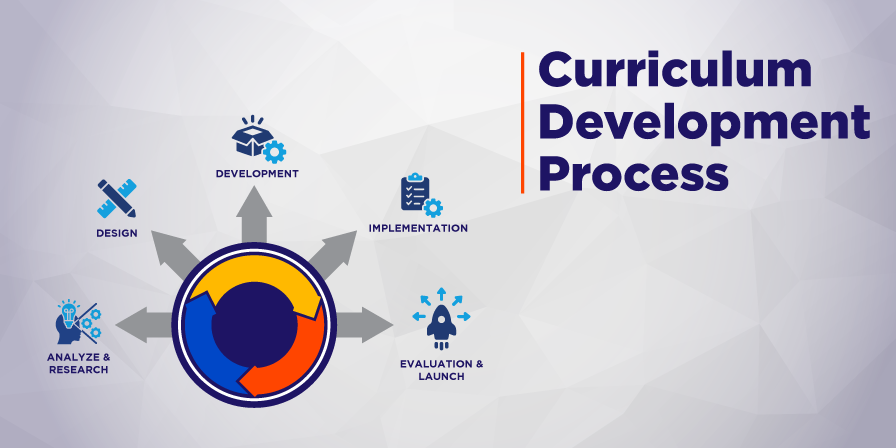
This course critically examines the principles and practices of curriculum design, development, and instructional planning. It explores theoretical frameworks, including Tyler’s objectives-based model and Wheeler’s cyclical approach, to understand how curricula are constructed, implemented, and evaluated. The course also investigates strategies for aligning teaching methods, learning activities, and assessment to optimize student engagement and learning outcomes, with attention to adapting curriculum to diverse educational contexts.
- Course creator, Teacher: Emmanuel Dr NTAKIRUTIMANA
- Teacher: FERDINAND BIZIYAREMYE
- Teacher: Maurice HABANABAKIZE
- Teacher: Jones MAERESERA
- Teacher: Bonaventure NIYONSHUTI
